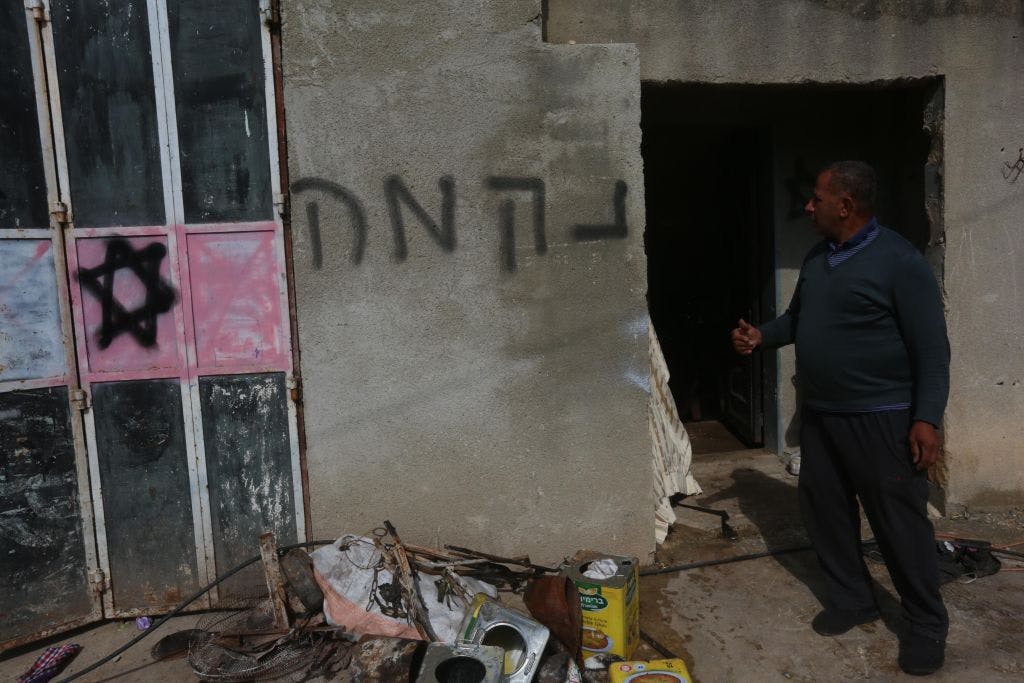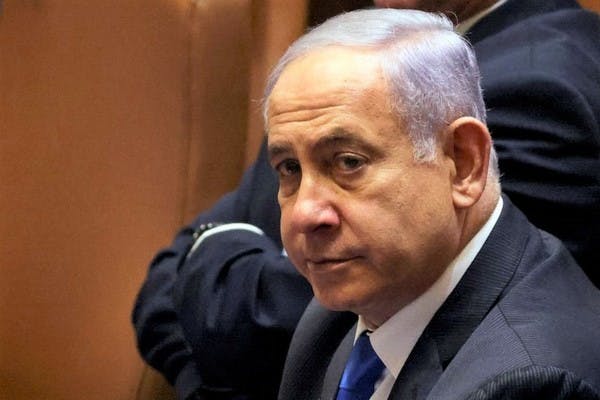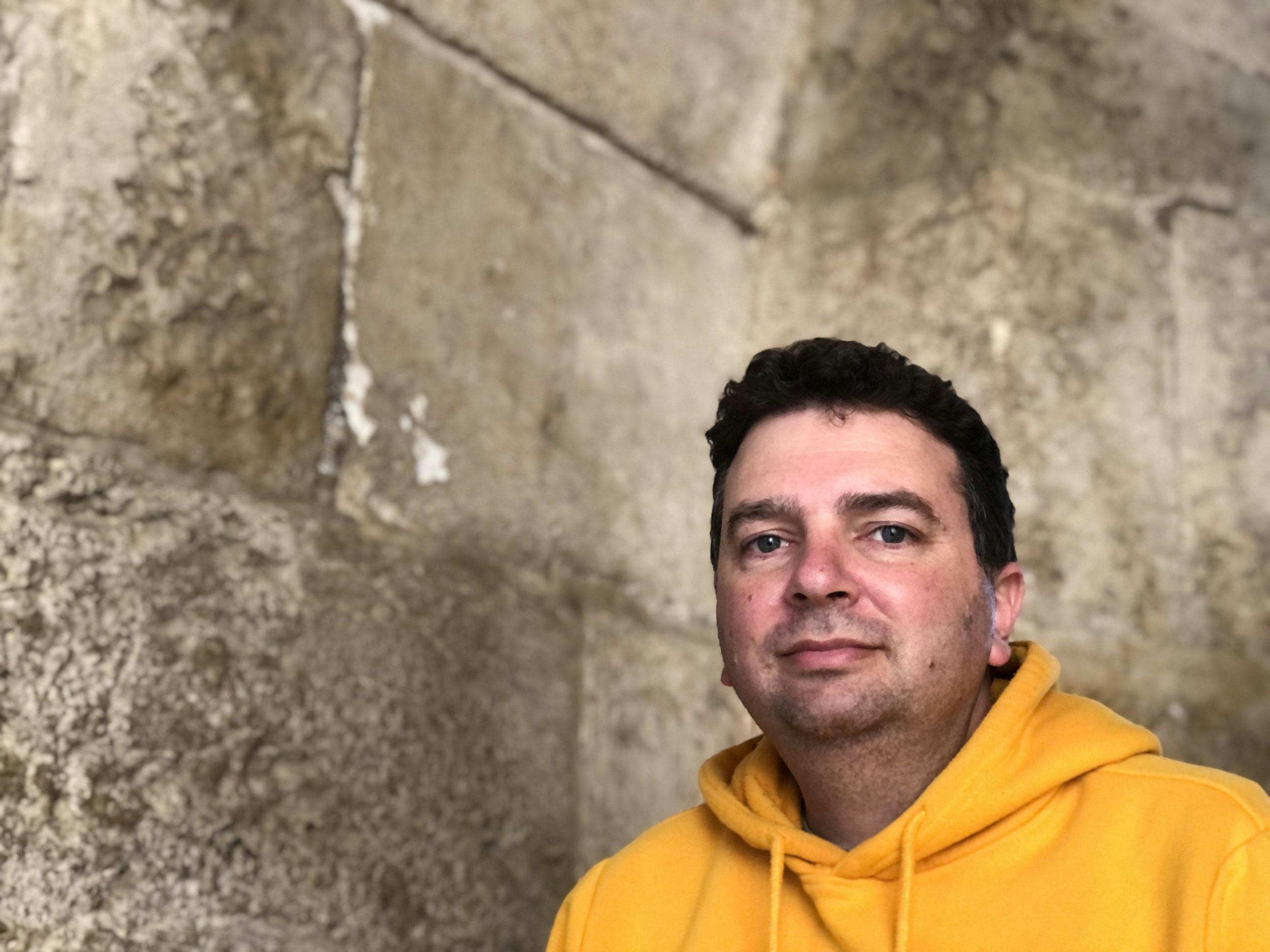Published: 11 July 2023
Last updated: 5 March 2024
Palestinian and Jewish Israelis are working to bring Arabic language and Palestinian literature to Hebrew readers.
In 1985, French-Algerian author Jacques Derrida, the father of deconstruction, published the essay Des Tours de Babel (The Towers of Babel), a scintillating short treatise in which he addressed the problem caused by translation.
The act of translation, he concluded, is a “movement of love”. The act itself “does not reproduce, does not represent” but rather “extends the body of languages, it puts languages into symbolic expansion.”
Wind the tape almost 40 years ahead to the present day and you’ll encounter a joint Jewish and Palestinian translation project operating against all odds right in the heart of Israel, a contested territory whose conflict-riddled and violent trajectory can sometimes make the city of Babylon and its sparring denizens pale in comparison.
“We want to start a revolution, but not only within the confines of our team at Maktoob. We want this revolution to spread to the entire country,” says Kifah Abdul Halim, a translator, editor, writer, journalist, and producer who lives in Haifa.
“In my opinion, the most political act Jews living here can do is to go and learn Arabic. It’s even more important that they do so than voting in the elections. If people learn Arabic, then suddenly the language won’t sound so scary to them and they will hear other sides of the story that are almost entirely absent from the public discourse.”
The project consists of a team of Palestinian and Jewish writers, translators, and editors who work together to render Arabic-language and Palestinian literature accessible to Hebrew-language readers.
The series is titled Maktoob, a name deriving from the Arabic verb “to write” and the expression for something “already written.” This is a nod to the Islamic concept that at the time of birth, everything that is supposed to happen to an individual is already decided.
READ MORE
'The most political act for Jews in Israel is to learn Arabic' (Haaretz)
Photo: Maktoob team members Eyad Barghuthy, left, Kifah Abdul Halim and Yehouda Shenhav (Thomas Dallal/Haaretz)



